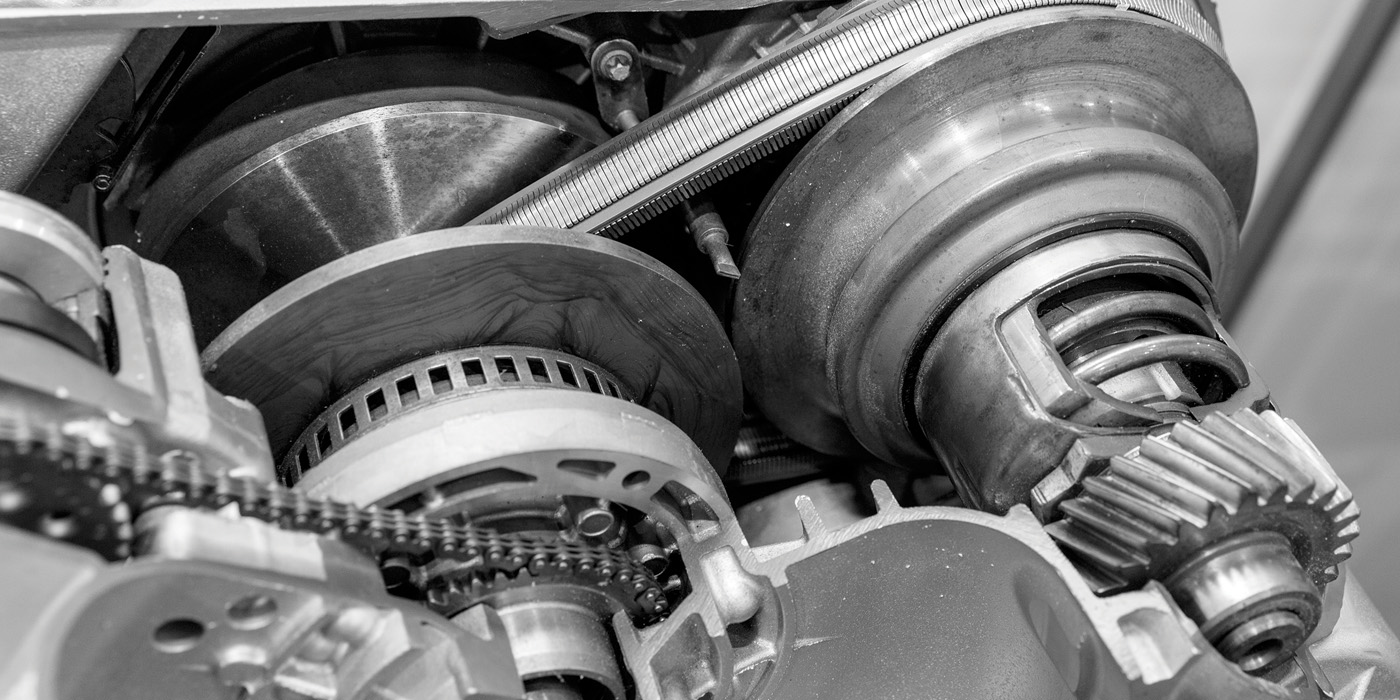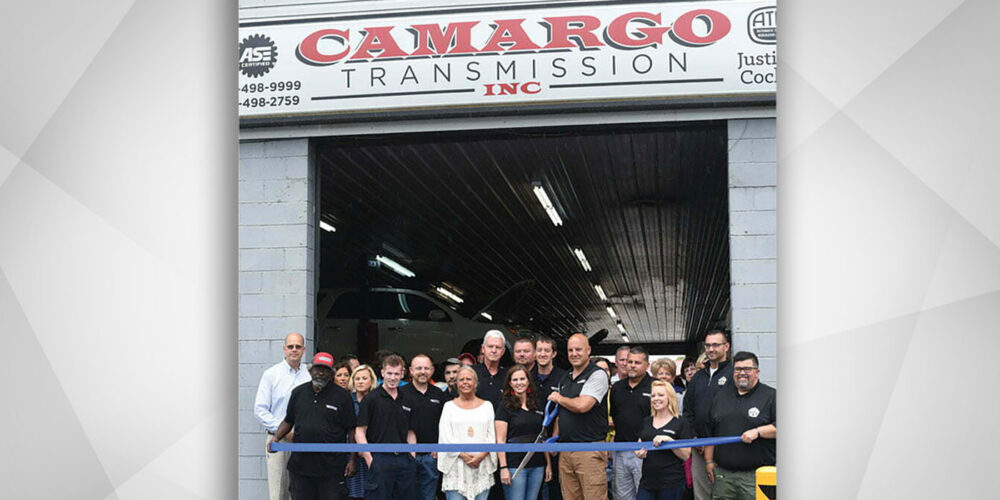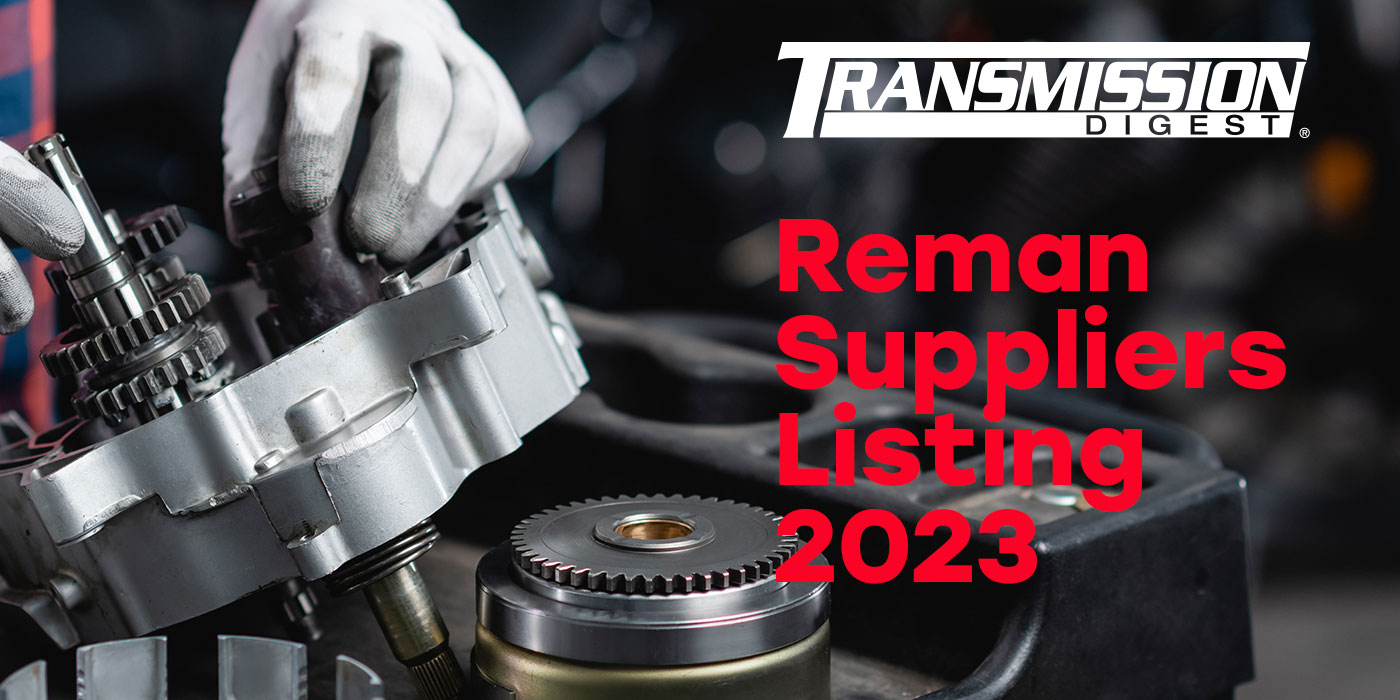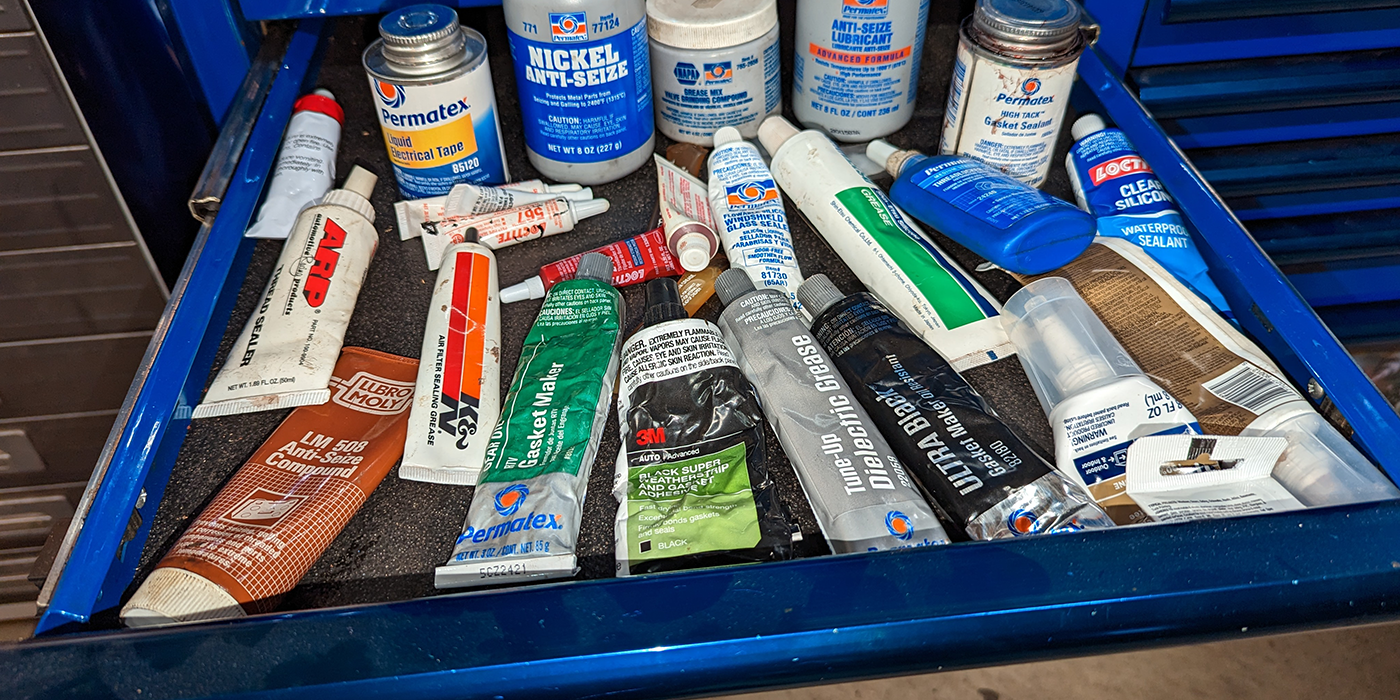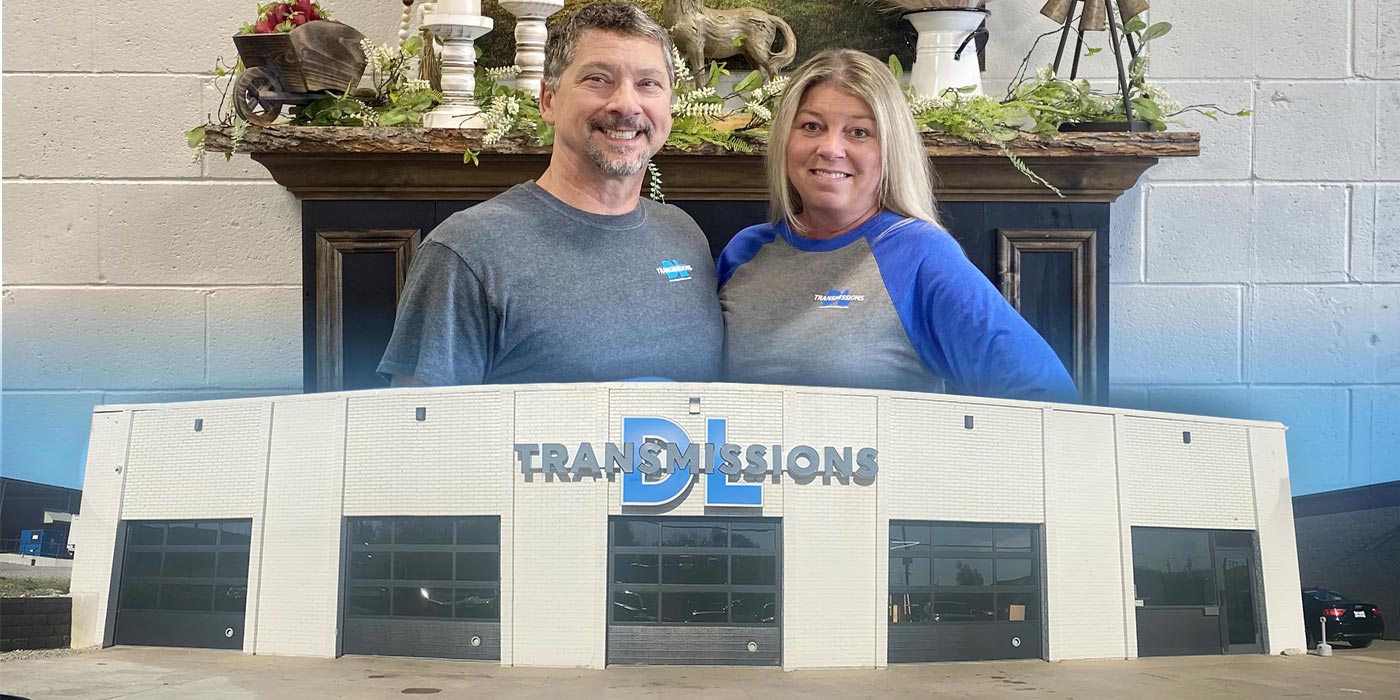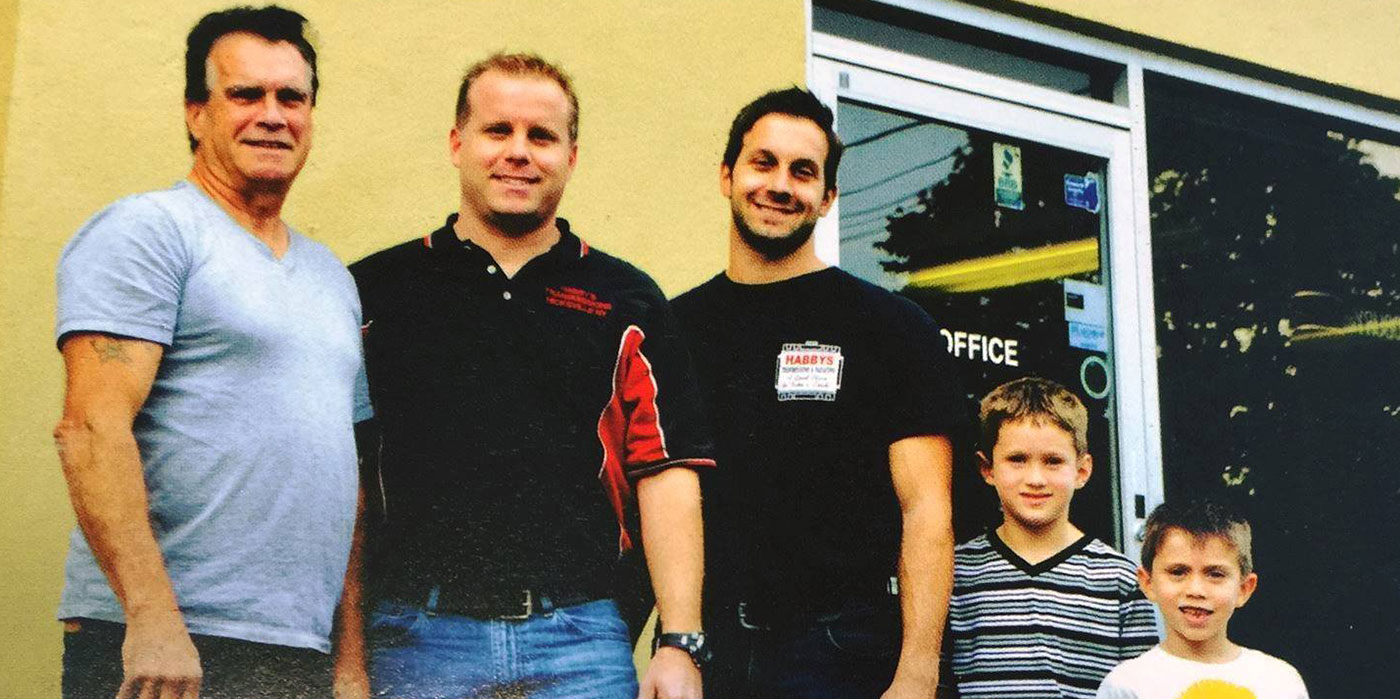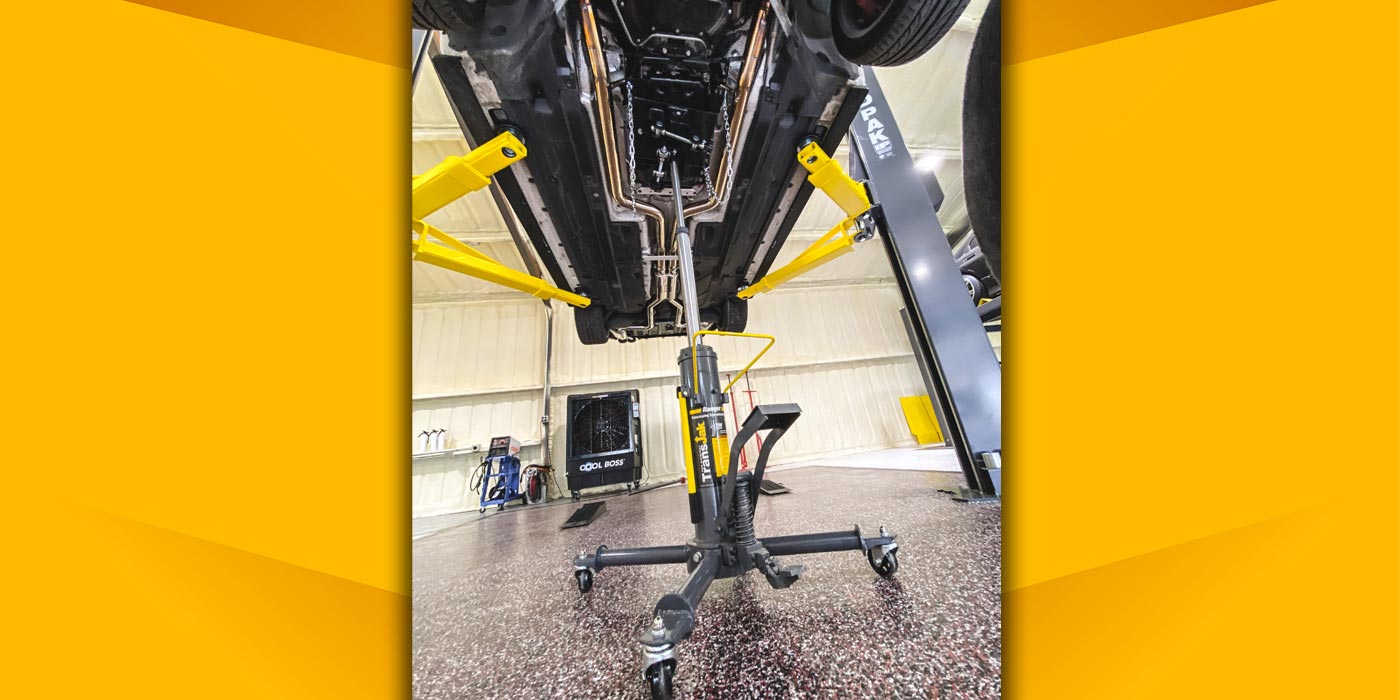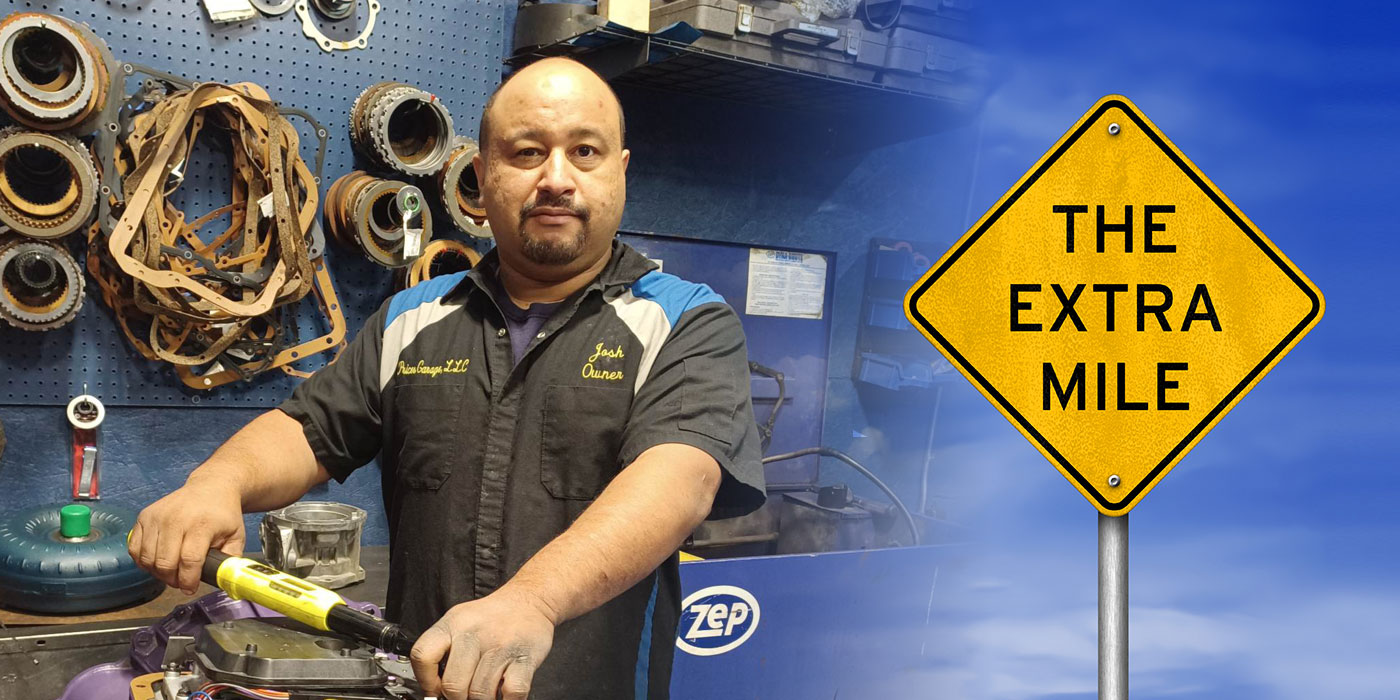
It’s Your Business
- Subject: The need for consistent adherence to proper management practices
- Essential Reading: Shop Owner, Center Manager
- Author: Terry Greenhut, Transmission Digest Business Editor
One of our biggest business challenges stems from the fact that we are human beings. We’re not programmable robots that will do exactly the same thing over and over again until reprogrammed. Even if we know all the right actions and have taken them for years, it doesn’t mean we always will.
Just like someone with an addiction of some sort we will from time to time “fall off the wagon.” It may not be our fault when it happens; circumstances and outside influences may cause it, but it is always our responsibility to “right the ship.” If we recognize problems developing early enough or there is someone who can point them out to us, we hope that we can fix them quickly and get back on track without losing customers and money in the process.

There are many facets of business that must be managed regularly to maintain the proper levels of sales and productivity. The first step is to stop assuming that the right things are being done just because they were set in motion at some point. Without continual supervision they can rapidly deteriorate and the best ideas and systems can disappear only to be replaced by the most-convenient ones, regardless of whether those make money – and they usually don’t.
In business we work hard to establish systems, but maintaining them is an art in itself. It takes dedication. The boss has to be willing to tell the same employees the same things over and over again without upsetting them and in a manner they can accept. The owner not only will need to discipline the workers but also will need to apply that same high level of discipline to himself or herself. After all, employees always follow the lead of their managers. So they need a constant example of the right way to do things. If they see the boss get lax, so will they.
New employees require training. Even if they have done a particular type of job for several years they need to be taught how it is supposed to be done in the new work environment. Of course, it’s always good to get feedback from new employees. They may have used systems in other shops that actually work better than the ones this owner has installed. In most instances, though, the “This is the way we do it here” adage must apply because the person who writes the paychecks says so, at least until he or she can be shown very nicely that there is a better way.
Although all operations within the business require management, some need to be looked at more often and critically than others. Marketing and advertising need to be closely watched, because they can change on the basis of what the competition is doing and what the public wants, needs and will accept at any given moment, especially with our economy in continual flux and gasoline prices going from ridiculously high to livably low and back again, for absolutely no reason and in the blink of an eye.
Outside sales must be an ongoing effort never to be discontinued or vacationed from for more than a couple of weeks. Pricing has to be monitored so that higher costs of goods sold and overhead can be passed along to the consumer instead of eaten by the business. Other processes such as sales procedures and complete vehicle inspections to seek out additional repair and maintenance opportunities must be spot-checked to make sure they are carried out properly and in their entirety to avoid losing potential sales.
Every time we get complacent it costs us sales and/or profits. If we get lazy with following established sales procedures and don’t take the customer through each step in the process as we know we should, we might still close a percentage of the potential sales but not for the kind of money we need. Of course, shortcutting the process too much can lead to missing many of those opportunities completely. For example, shortening the telephone-answering process by quoting a price for a repair will no doubt lose a high percentage of sales and probably make the ones that are left come in at a lower-than-normal price. The same would go for quoting a price during the road test or in the driveway. More sales are lost at that phase than any other.

One shop owner recently reported to me that he had done something not too long ago that he now looks back on as a huge mistake in judgment. In his case it was losing an employee who caused the problem. He had a shop manager/foreman who had worked for him for many years, got sick and had to retire. He was very good at his job – in fact, to the point that the owner took for granted that all systems and operations were running without a hitch, which for the most part they were.
Not able to find a replacement immediately and thinking “Why not save a sizable salary?” the owner decided to take on the manager’s duties himself, forgetting a couple of key points in the process: one, that he has his own responsibilities that keep him busy all day and that they will be critically neglected if he takes on another full-time job; and, two, that he hired that manager way back when because he no longer wanted to do that job himself and maybe even felt inadequate with his performance of it. He also didn’t remember how much he disliked dealing with customers and employees full time.
Our hero, in a not-so-valiant effort to be all things to all people, started digging a hole for himself that wasn’t so easy to get out of. To make everything somehow work, he felt the need to conserve time. He did so by quoting “take-it-or-leave-it” prices over the phone; by shooting customers prices in the driveway or during a road test, destroying customer-retention levels; by writing on the repair order one-liners like “Rebuilt transmission, $2,000,” which had him leaving hundreds of dollars on the table more often than not; and by not trying to sell anything but the repair for which the customer came in. He also totally neglected customer follow-up and outside sales because he was the one who used to do them but now couldn’t make time or get out of the shop for five minutes. Any one of these would have been a serious mistake, but put them all together and you have a catastrophe.
When all you think you have time to do is low-ball callers into the shop with super-low telephone quotes, you unknowingly lose 80% of them. The 20% who do show up are no doubt price shoppers who think they’re getting the lowest price in town and are very upset if they find out they aren’t. A road test is likely to last only long enough to track down the initial problem, not to establish the kind of rapport required with a customer to lay the groundwork for the proper pricing of this job or for additional sales. Even the wholesale accounts you worked so hard to get may start to think they are being neglected, making them vulnerable to being taken away by an aggressive salesperson from another shop.
This shop owner eventually solved his problem by first realizing that he couldn’t do all those jobs himself, then by doing the math to find out that the way he was selling he was losing more money than hiring a really good manager would cost, and finally by finding and hiring a good one so he could get back to his own successful actions like outside sales, marketing and advertising.
Controlling every aspect of the business today is more critical than it ever has been. With profit margins tight and consumers even tighter, our sales procedures need to be better thought out and executed than ever before. Costs need to be watched more closely, but we have to be sure we don’t sacrifice quality while we endeavor to save a few bucks. Each customer must leave feeling good about the way they’ve been treated every time. Their expectations must always be exceeded. We all live or die by word of mouth.
When you, as an owner or manager, insist on everyone following established procedures and monitor to be sure they are always adhered to, the customer experience will be consistent, something on which they can count and recommend to their closest friends. That only means more profit for you.

Terry Greenhut, Transmission Digest Business Editor. Visit www.TerryGreenhut.com.


